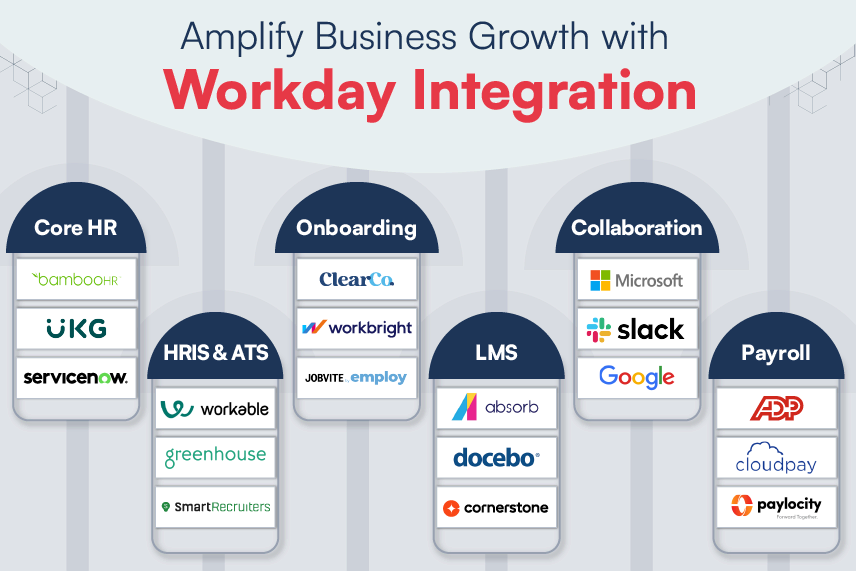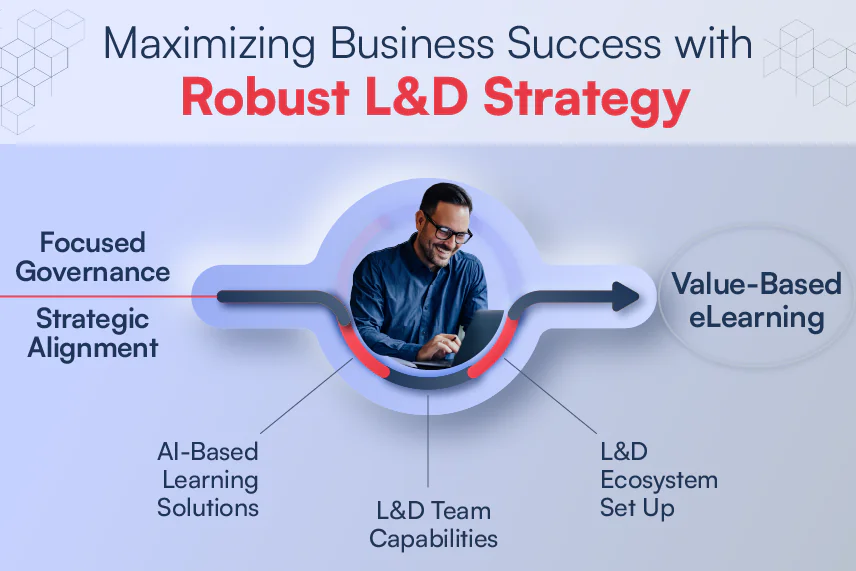
Covid-19 has accelerated the adoption of technology across various sectors, but the speed at which EdTech advanced is remarkable. Millions of schools switched to remote learning, almost overnight. And it looks like the changes that EdTech has enabled, will continue to influence education even as educational institutes prepare for a full return to classrooms. EdTech is here to stay. With that, let’s look at the 5 trends that will possibly guide the growth of EdTech this year.
1. Artificial Intelligence (AI)
2020 has been a roller coaster ride for all of us, and this has thrown up a lot of opportunities and imperatives. One such imperative is leveraging AI to build skills for the future. There is a lot of buzz around how workplaces of the future need new skillsets. McKinsey released a report a couple of years back, which states that by 2030, 65% of today’s grade school kids will end up at jobs that haven’t been invented yet, which means they would be entering the job market with a competency gap. AI will play a significant role in this transition. Designing study assistants to identify skill gaps and appropriately recommending the right content to fill those gaps would help. To make this possible, EdTech companies would have to look at both tech and content in new ways to design such solutions.
2. Educator Support
The pace at which educators have had to adapt to tech-driven delivery methodologies in 2020 has been unprecedented. And this is likely to continue with newer technologies coming in. Professional development for online instruction would also help educators to develop online teaching skills. It is also imperative that educators not only have a say in the EdTech product design but also get help through technology support tools. Another consideration is that these tools should be user-friendly; educators should spend more time delivering education than figuring out technology. Quillionz and Raptivity are two good examples of such useful tools. Quillionz helps educators get question ideas and reinforcement points from content (both text and videos), and Raptivity helps educators build pre-class, in-class, and post-class engagement.
3. Digital Transformation
The year 2021 would be a watershed year for this digital transformation for educational institutes. The level of digital transformation might vary from K-12 to higher-ed to skilling platforms. But there is no denying that digital transformation is much more than just providing a Zoom license to get virtual sessions delivered. In addition to using AI and providing educator support, it will also involve creating the entire end-to-end hybrid learning ecosystem to bring about this transformation.
4. Integrations
Education systems have mostly been working in silos till now. Be it student information systems, learning management systems, student engagement platforms, CRM, attendance systems, or alike, most of these systems operate in isolation. The data that resides in these various systems could help design new experiences if allowed to integrate. For example, suppose a student takes a zoom class. In that case, the attendance system marks their presence automatically, or if the student undertakes an online course, the recommendation engine suggests appropriate learning pathways based on the student’s performance. EdTech products would have to ensure how they seamlessly fit into this ecosystem without adding more administrative work for their customers.
5. Equity in Education
The pandemic has widened the already significant social disparities, and as education and training have shifted online, fears about the ‘digital divide’ have intensified. We are talking about ‘digital inclusion’ and bridging the ‘digital divide.’ Institutions need to find ways to support students as well as educators. Creating asynchronous and offline learning opportunities and not trying to replicate the whole school day online are some strategies that will surely help. Technology will undoubtedly play a significant role in providing ways to do this, but in practicality, all stakeholders need to do their bit to bring equity in education. At Harbinger, we are trying to play our part in bringing equity in education through one of our flagship products – Offline Player. This player allows students to access learning data without internet connectivity.
Team Harbinger recently hosted a ‘Point of View’ on this topic. The session captures some of the above points in detail. Click here to view the recording of the session.
EdTech tools and technologies have enabled educational institutions to rise to the occasion and make a smooth transition from classrooms to remote learning in 2020. If anything, 2021 will only see it getting bigger and better. As an EdTech provider, are you equipped to handle this enormous growth? What challenges and opportunities do you foresee? Please drop us a note at contact@harbingergroup.com. We would be happy to discuss.





